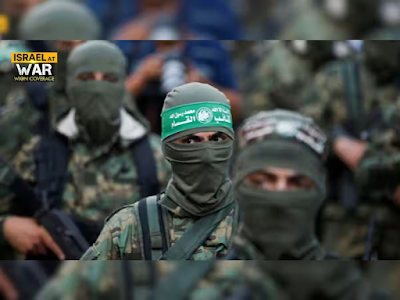
Syria produces over 80% of global supply. | Captagon pills fueled Hamas militants during terrorist attacks. Pills of the drug have been found on the bodies of Hamas prisoners and fighters killed in the conflict. Captagon is the brand name of the drug fenethylline hydrochloride. Its highly addictive nature led to it being banned in the 1980s, but a clandestine trade of counterfeit versions of the pills booms in the Middle East. A mixture of amphetamine and theophylline, it is often cut with other things like caffeine and paracetamol. |
 | Captagon 'Abu Hilalain (father of the two crescent moons)' is the drug of choice in the Middle East.
The UK says at least 80% of it is produced in Syria, generating three times the combined trade of the Mexican cartels for Assad’s regime. The regime's annual Captagon trade is estimated to be worth $57 billion in 2022, about three times the trade of all Mexican cartels. Captagon was developed in Germany during the 1960s as a remedy for ADHD, narcolepsy and depression.
One of its active ingredients, fenethylline, was blacklisted by the UN in 1986, leading most countries to discontinue it's use. In 2020 Italian police seized 14 tonnes of Captagon pills worth around €1 billion, describing it as the world’s single largest operation of its kind. |
 | Counterfeit Captagon production in the Middle East is centred primarily in Syria and Lebanon. Counterfeit versions of the drug often contains amphetamine, caffeine and other fillers. Captagon is common across the Middle East, but the biggest destinations for the drugs are Saudi Arabia and other Gulf states like the United Arab Emirates, Qatar, Kuwait and Bahrain. |  |
Captagon has so far only been consumed on a very small scale in Europe but that has potential to change. Sold for fractions of a dollar in parts of Syria, the same tablet can fetch more than $20 in Saudi Arabia. Captagon is a highly addictive amphetamine.







No comments:
Post a Comment